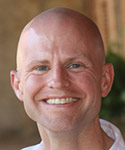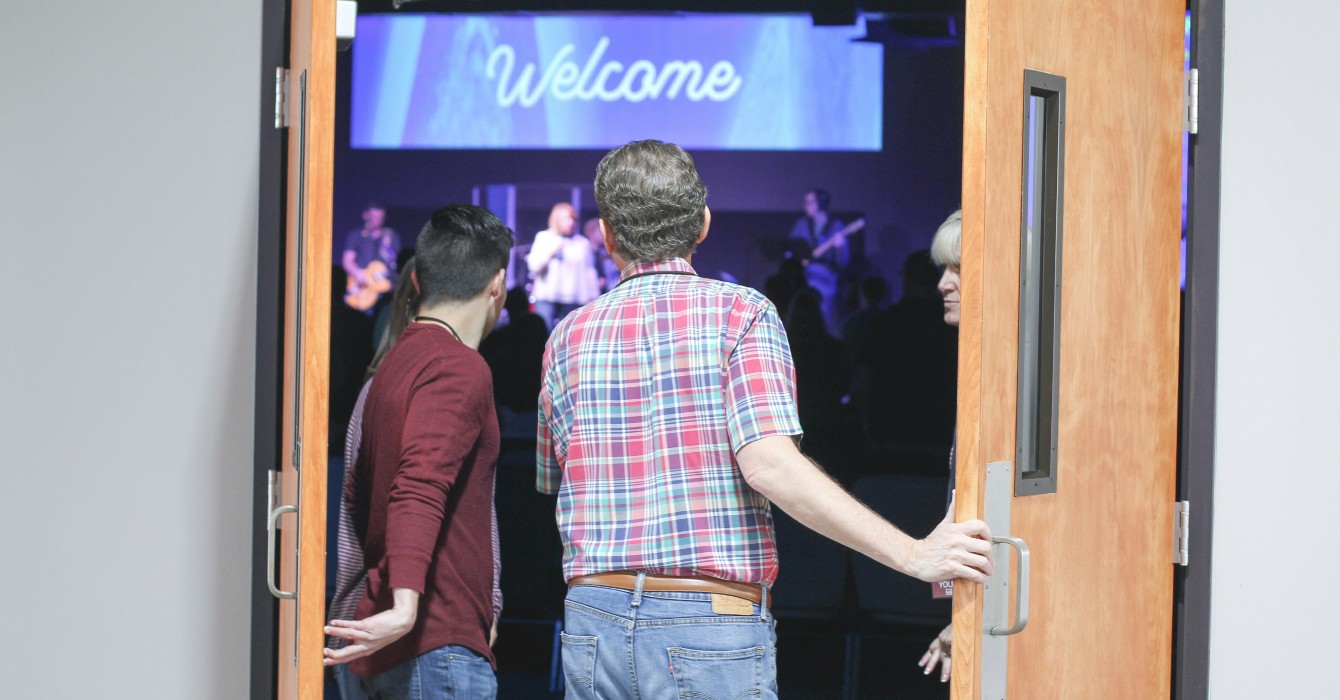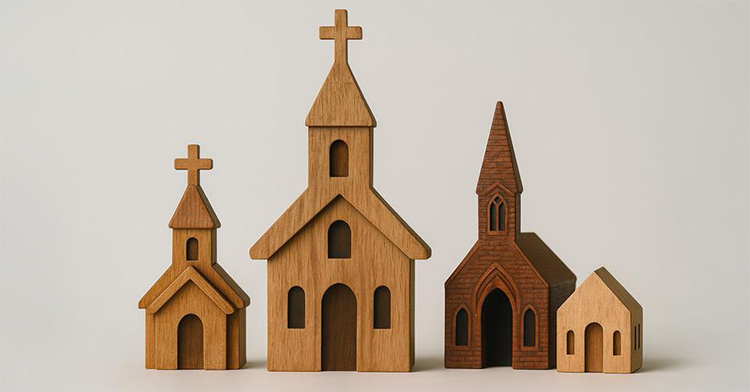“When we return, we will all be newcomers.”
It was just a casual observation, but as soon as she said it, the nods of affirmation and recognition in every Zoom rectangle made it clear that she had put words to what we were all describing but could not quite name.
Of course! We will all be newcomers, again.
As church and office buildings begin to reopen in larger numbers after a year of on-again, off-again COVID-19 closures, our habits in these once-familiar physical spaces have been broken.
What was instinctive and comfortable in March 2020 is now, for many of us, just outside the realm of memory. How did we share life in these spaces? How did we get work done here?
Even with a widespread yearning for a return to normalcy, we may find that our familiar places now feel somewhat foreign. Ongoing and necessary health and safety precautions will change the ways we interact in these spaces.
Office doors that a year ago were usually left open to invite casual conversation may now be closed so that we can work without having to wear masks all day (for those of us who have that privilege).
There will no longer be a communal coffeepot, no impromptu lunch around the table in the office kitchen. Meetings will still be on Teams even though we’re all in our offices just a few feet apart.
On Sunday mornings, social distancing may mean that our usual pew can no longer be “our pew” because it’s now reserved to be the buffered distance between us. Some of us may find ourselves distributing individually wrapped, carefully sealed communion wafers to the faithful kneeling 6 feet apart at the altar rail.
It’s not only that our past habits have been broken; in some cases, our very ways of being in spaces together may no longer be advisable or possible. We will have to create new ways of being community together. How did she say it?
“We will all be newcomers.”
There’s also a deeper distancing that has occurred over the last year in our churches and office buildings. We may now be strangers not just to physical spaces but also to those with whom we previously shared those spaces. So much life happens in a year, even in a year of pandemic lockdown.
While congregations and organizations have tried to sustain community in difficult circumstances, there are still so many stories, so many experiences that we did not share with each other in real time. There’s been grief and joy that simply went unspoken.
The poet Naomi Shihab Nye writes, “When someone you haven’t seen in ten years / appears at the door, / don’t start singing him all your new songs. / You will never catch up.”
If she were to write it today, we can imagine her saying, “When someone you haven’t seen except by Zoom / appears at the door …”
While it is tempting to agree that catching up will be virtually impossible (pun intended), one of the particular gifts of religious communities is that most of us do some of our most intentional ministry with newcomers.
In this moment after we have missed so many other moments, we will need the best of what we know from that to help us find a way of being back together.
For example, we have cultivated practices for welcoming one another and inviting one another to share in something larger than ourselves -- the mission of the church in the world.
At our best, we know how to listen for, celebrate and receive the gifts of each new person.
We know how to help each other share our stories of heartbreak and hope and, in each telling, find new layers of meaning.
We know how to invite people into service in the world that is good for the world and deeply fulfilling for them personally.
We will need all those capacities and all that experience to help us be, and become more than, newcomers together.
She said it so casually, so clearly: “When we return, we will all be newcomers.”
In eight words, she named the truth that reopening our buildings was never going to be as simple as unlocking the doors or turning on the lights, roping off a few pews or putting out hand sanitizer -- not that those things are all that simple.
Reopening our buildings, resuming life together, is an emotional and spiritual challenge. In the language of Ron Heifetz, it isn’t just a technical challenge but an adaptive one too.
It is good news for us that congregations know how to be in those spaces with faith, hope and love. Now as ever, the world needs all three.















